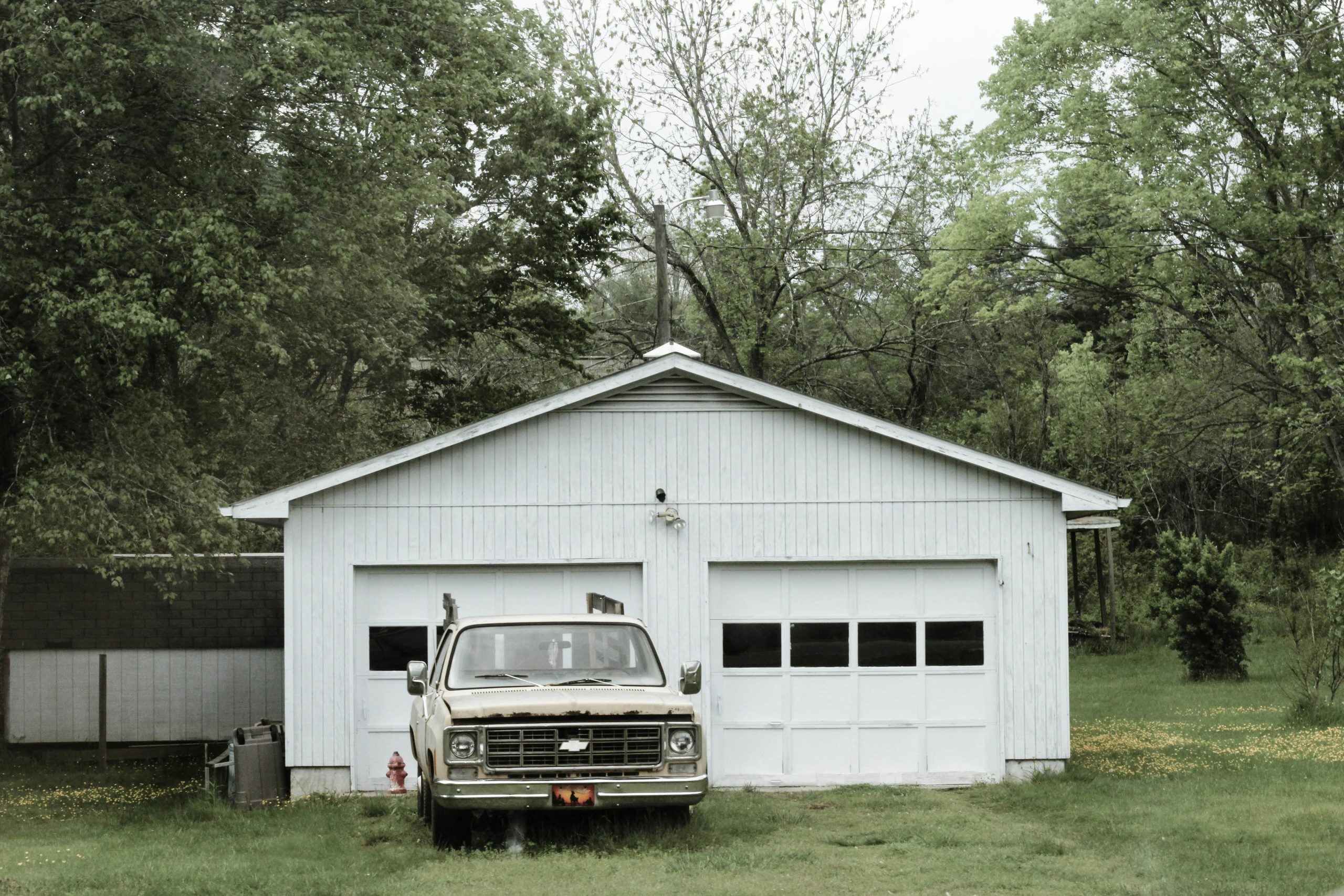Understanding Vehicle Accidents in Your Driveway: Insurance and Liability Considerations
Introduction
Accidents can happen unexpectedly, even on your own property. Recently, a situation arose where two parked vehicles in a residential driveway collided, raising questions about liability, insurance coverage, and the best course of action. If you’ve ever faced a similar incident, understanding the nuances can help you navigate the aftermath more confidently.
Case Overview
Imagine living in a Detroit suburb, where a 2017 Ford Expedition, fully paid off and in good condition, was parked in the driveway. Meanwhile, a young adult, the son of your housemate, parked his vintage 1974 Ford F100 pickup truck nearby. The truck, a work-in-progress restoration project with licensed and insured status, was parked slightly uphill from the Expedition.
As the son exited his vehicle, the door unexpectedly popped out of park, causing the truck to roll backward and collide with the Expedition. Fortunately, surveillance footage confirmed he was out of the truck at the moment of the incident. The collision resulted in significant damage to the Expedition, including a flat tire, bumper, headlight, and possibly suspension components. In contrast, the son’s truck only endured minor scratches.
Insurance and Liability Considerations
The primary question arises: Who bears responsibility in this scenario? Given that the young man was out of his vehicle when it began rolling, is this considered his fault? Typically, vehicle liability extends to the driver at the time of the incident, even if the vehicle was parked. Since the truck was in gear or failed to stay securely in park, it may be deemed a driver-related fault.
As for insurance coverage, the Expedition owner’s auto policy (with Broad Form Collision coverage and a $1,000 deductible) is likely to cover repairs, especially considering the vehicle’s total valuation of around $12,000 to $14,000. On the other hand, the son’s truck, being an older project vehicle, has minimal damage and may be covered under his insurance policy. Since he is a licensed and insured driver, his policy might cover the scrapes, although this varies based on policy specifics and whether it’s considered a comprehensive claim.
Homeowners insurance usually doesn’t extend to vehicle accidents unless a vehicle crashes into the home itself. Moral responsibilities and liability, especially on private property, lean more heavily on auto insurance policies.
Financial Implications and Next Steps
Deciding whether to pursue repairs or accept the damage depends on individual circumstances. Given the vehicle’s value, repair



